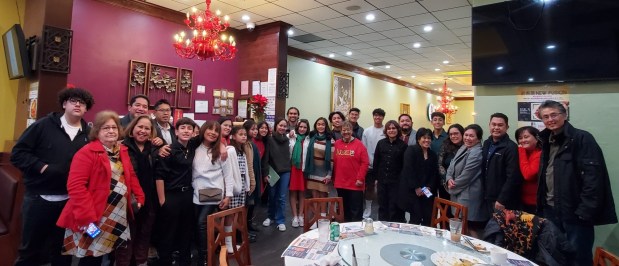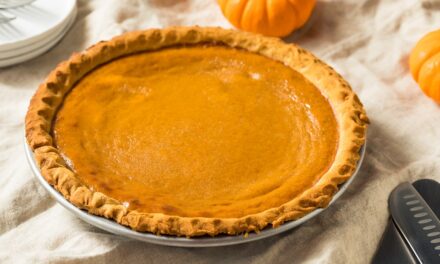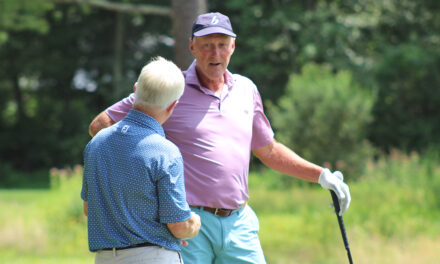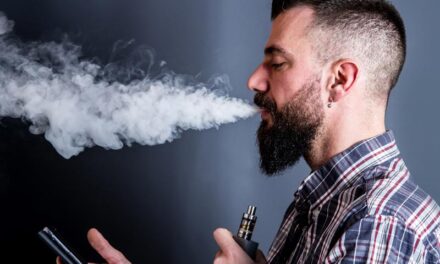
Don’t even try. Certain childhood rules, drilled into me by elders, are so ingrained, ridding myself of it would feel like an elemental amputation. Case in point: my blanket use of honorifics.
An email exchange with Brad Manning, West Covina Citizen of the Year and all-around wonderful person, documents the struggle.
I met Manning when he was principal of Workman High and I was a cub reporter, grateful for the network of community sources he shared with me.
Twenty-some years later, he’d retired but was no less busy, volunteering with his beloved Kiwanis Club and other local groups. But when he said I could call him “Brad” now and not “Mr. Manning,” or even, “Coach Manning” (a bow to an earlier incarnation), I balked.
I tried. Truly. At one meeting, I ended up squeaking out and calling him “Mr. Brad.” Ever so kind, he now accepts whatever title I greet him with. God granted him the serenity to accept what I cannot change.
Using honorifics in Filipino culture is a sign of politeness and respect, but also of social status. How I referred to anyone older than me always showed respect, but also that person’s space in society.
Hence, the security guard at the gate, our family driver and the man who sold us dirty ice cream on the street was always addressed as “Mang So-and-So.”
My sisters and I will always love our drivers, Mang Peter of the Frampton hair and 1970s rock playlist; and laugh about Mang Ador of the bouffant, pomaded ‘do who always made us giggle when he said, “Mess with my life, just not my hair.”
Mang William drove us to and fro gently weaving Gospel lessons in conversation. (He was a Protestant minister in his off hours.)
Older women in our lives who weren’t related to us were called “Aling,” and in my childhood there was Aling Ada, the school cook who snuck me snacks when our ride home was late; and Aling Fely, proud owner of the corner store on Sgt. Bumatay Street, who sold me bags of chips and Flat Tops chocolates for a peso.
Then, like so many other cultures, there were the aunties and uncles whom we weren’t related to, but earned the appellation simply because it imbued more affection than calling them “Mister This” or “Missus That.”
It is nothing like when White people called older Black women “auntie” during the Jim Crow era — not a sign of diminishment.
Women who weren’t old enough for “aunty” status became “Ate” or big sister and “Kuya” for older brother.
I am guilty of telling my children to call our friends “Uncle Ramil” or “Aunty Brenda” because they are the family of our choosing.
This, of course, resulted in my son calling one of his La Salle teachers “Uncle Eddie,” even as said Eddie’s own niece called him “Mr. Magluyan.” The lesson is truly hard to unlearn.
I will never call teachers or any educator by their first name, so high does the pedestal I build for them rise. So Ms. Aimee to me is Mrs. Dyrek to others and Ms. Ashley, even though she is now a mother of five, will always be Ms. Ashley to me. The name “Ted” will never pass my lips when I meet “Mr. Carroll,” our former principal.
Baptizing people with honorifics, of course, has caused others to designate one for me, too. I don’t mind when people call me “Ms. Anissa” in return. It’s a comfort, a warm acknowledgment of easy familiarity and affection, of belonging. A bow: “you are part of my tribe.”
That said, anyone who calls me “Miss” in any setting makes my day. But that’s another story.
Anissa V. Rivera, columnist, “Mom’s the Word,” Pasadena Star-News, San Gabriel Valley Tribune, Whittier Daily News, Azusa Herald, Glendora Press and West Covina Highlander, San Dimas/La Verne Highlander. Southern California News Group, 181 W. Huntington Drive, Suite 209 Monrovia, CA 91016. 626-497-4869.





